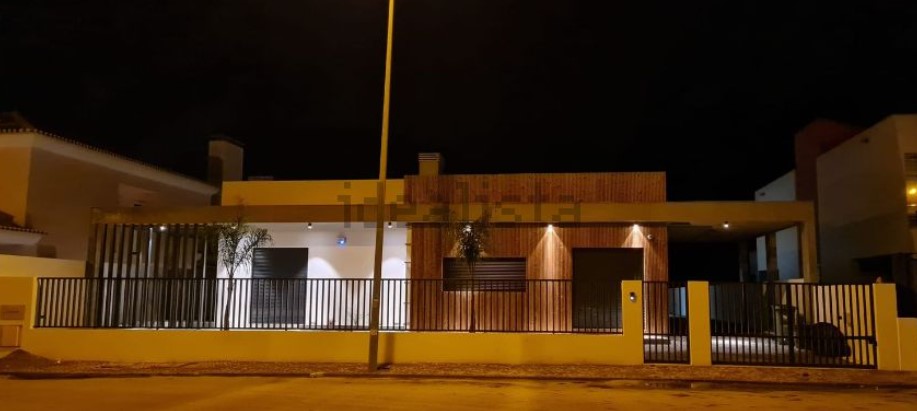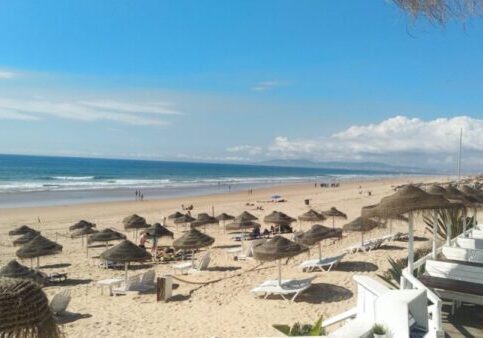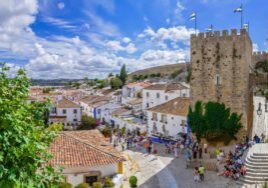Taxes in Portugal: what taxes do I have to pay?
![]()
Many of you have questions about taxes in Portugal. Which taxes do you have to pay if you live in Portugal? In this article we’ll talk about some of these taxes:
- Taxes on your income (wages, pensions)
- Taxes on your car: IUC, ISV
- Taxes on your property purchase: IMT, IMI, AIMI, imposto do selo
- Taxes on your rental income: IR

How to pay taxes in Portugal?Â
In Portugal, your taxes must be paid to the “Finanças” department. Tax declarations are made every year between April 1 and June 30 on the “Finças†website.
First and foremost, to pay your taxes in Portugal, and indeed to do many other things, you need a tax number. This is the tax number in Portugal, also known as the “NIFâ€.
This number is indispensable for all your dealings in Portugal: paying taxes, employment contracts, renting or buying housing, opening a bank account, buying a car, taking out subscriptions, etc. To obtain this number, you need to go to the “Finanças”( tax office) or the “Loja do cidadão”(citizen’s center), with proof of identity and address.
Once you’ve obtained your NIF, don’t forget to create your online profile on the Finance website(portal das finanças). You’ll need it to declare and pay your taxes. Creating your online profile is easy! Just go to the finance site(portal das finanças), then go to the page that will allow you to create your account (login and password). Iâ€?m putting the direct link to this page here, so you donâ€?t have to look for it (Iâ€?m nice, arenâ€?t I?). Once on this page, all you have to do is enter your NIF(contributor number), your email, your phone number and your address.
Page to create your online account on the finanças website.
Income tax: IRS
1. You do not have RNH status:
Taxes related to your salary are payable in the country where you work. If you work in Portugal, you will pay taxes in Portugal. In Portugal, the tax linked to your salary will be deducted directly from it. This is the responsibility of the hiring company, and is also the case for Social Security contributions. The rate of this tax depends on the amount of your income, whether you have children or not, whether you are married or not, and so on. You’ll find detailed tax rates for 2020 onthe Finance portal.
Above is the table for an unmarried person. The others are available here.
2. You have RNH status:
People with RNH status(non-habitual residents) benefit from a special tax regime. This tax is different if you are retired RNH or active RNH:
-
Retired with RNH status
Until now, pension income of foreign origin was exempt from tax for 10 years. This rule changed at the start of 2020, with new RNHs being taxed at 10% for 10 years. Details of this new taxation in the article“Retirement in Portugal: taxation for foreigners.“
-
RNH status
Income tax is capped at 20% for 10 years, provided that your activity is considered to be of “high added valueâ€. The list of “high added value†activities includes the following professions
- General managers and executive directors of companies;
- Directors of administrative and commercial services ;
- Production and specialized services managers ;
- Hotel, restaurant, retail and other service managers ;
- Specialists in physical sciences, mathematics, engineering and related techniques ;
- Doctors ;
- Dentists and stomatologists ;
- University and higher education teachers ;
- Experts in information and communication technologies (ICT)
- Authors, journalists and linguists ;
- Creative and performing artists ;
- Technicians and intermediate professions in science and engineering ;
- Information and communication technology technicians ;
- Farmers and agricultural and livestock workers for the trade;
- Skilled workers in forestry, fishing and hunting;
- Skilled workers in industry, construction and crafts, including in particular metallurgy, metalworking, food processing, woodworking, clothing, handicrafts, printing, precision instrument manufacturing, jewelers, craftsmen, electrical and electronics workers ;
- Plant and machine operators and assembly workers, i.e. stationary machine operators.
Income tax in a nutshell.
Taxes on cars:
ISV and IUC
If you own a car, you’ll need to register it on the Finanças website and pay the taxes linked to your vehicle. If your car is French, you’ll also need to consider legalizing it. Find out more about these procedures in the article “Registering your car in Portugal”.
There are two taxes to pay in connection with your vehicle
- IUC (Imposto Ãnico de Circulação): payable annually,
- ISVÂ (Imposto Sobre VeÃculos): payable once when you legalize your vehicle. To find out about the criteria for exemption from this tax, click here.
Different criteria are used to calculate these taxes: country of origin of the vehicle, type of vehicle, year of 1st registration, power in cm3, CO2 emissions, type of fuel. To estimate the amount of tax you’ll have to pay, click on the simulators below:
Car tax in a nutshell.
These taxes can be paid:
- on your Portuguese bank’s website,
- on the finanças website,
- via a multibanco (Portuguese cash dispensers with many functions, including payment of bills and certain taxes).
The Multibanco cash dispenser in Portugal, which has multiple functions.
Property taxes:Â IMT, Imposto selo, IMI, AIMI, IR
In Portugal, the transfer of real estate is carried out by a notary or a land registry office called a “casa pronta “, which confirms the accuracy of the documents relating to the purchase of real estate in Portugal and ensures payment of the corresponding taxes.
1. Taxes to be paid prior to purchase:
-
IMT (Imposto Municipal sobre a Transmissão Onerosa de Imóveis): tax on property purchase
This is the municipal tax on the purchase of real estate. It is calculated on the basis of the higher of the following two values: the taxable asset value of the property or the value stated in the deed of sale.
The higher of these two values is subject to a rate set annually. This rate varies between 0% and 8% of the purchase price(the figures below are indicative and may vary slightly depending on your situation).
- Up to 92,407 â¬: 1%
- From â¬92,407 to â¬126,403: 2%
- From 126,403 ⬠to 172,348 â¬: 5%
- From 172.348 ⬠to 287.213 ⬠: 7%
- From 287.213 ⬠to 574.323 ⬠: 8%
- More than 574,323 ⬠: 6% sales
To simulate your LMI, click on this link.
The IMT must be paid before or at the time of signing the deed of sale at the notary’s office (most often by “multibanco†card; if you donâ€?t have one, remember to ask in advance if a bank transfer is possible).
Please note that there is an exemption from l’IMT when the property is less than 92,407â¬(on the Portuguese mainland) or when the acquisition concerns a property intended for rental located in an urban regeneration area or classified as a national public or municipal interest.
Taxes relating to the purchase of property in Portugal.
-
Stamp duty (imposto de selo) on the transaction
The rate of stamp duty is 0.8% of the sale value of the property, which is included in the sales agreement. You pay it only once when you buy a property.
As with IMT, this tax must be paid before or at the time of signing the deed of sale at the notary�s office (usually by “multibanco†card; if you don�t have one, ask in advance if a bank transfer is possible).
Note: if you purchase a property using a mortgage, you will also have to pay stamp duty on the amount of the mortgage
2. Taxes to be paid after acquisition of the property:
-
IMI (imposto municipal sobre imoveis): property tax
This is the equivalent of the French impÃ’t foncier and taxe d’habitation combined. IMI is paid annually by property owners in Portugal. It is calculated on the basis of the taxable value of the property. The rate of IMI is set annually by the municipality where the property is located, and generally ranges from 0 to 0 .5% of the value of the property.
LâIMI must be:
- paid in May if less than 100â¬,
- paid in 2 instalments, in May and November, if the tax is between 100 and 500â¬,
- paid in 3 instalments, in May, August and November, if tax > 500â¬.
Payment can be made via multibanco(Portuguese cash dispensers).
-
AIMI (Adicional ao Imposto Municipal de Imóveis):Â
additional tax on the purchase of property
Since January 1, 2017, there has been a tax on real estate assets: “AIMIâ€. This is an additional tax to the AIMI. For individuals:
- the tax is 0.7% on the sum of the asset value (corresponding to the valuation made by the finance department, which is generally much lower than the purchase value) for a sum of the asset value between â?¬600,000(1.2 million for couples) and â?¬1 million(2 million for couples),
- the tax is 1% above â?¬1 million(â?¬2 million for couples).
-
IR (imposto sobre o rendimento): tax on rentsÂ
A tax rate of 28% applies to income derived from the rental of real estate. Tax treaties have been signed between several European countries to avoid double taxation. Thus, for rental income, taxes must be paid in the country where the property is located. (provided that a tax treaty has been signed between your country of origin and Portugal, as is the case for France, Belgium and Switzerland in particular). However, you must still declare the income from this property in your country of origin as “foreign incomeâ€. Example: you have an apartment in Portugal, you rent out this apartment and therefore have rental income, you will have to pay tax on this income in Portugal. If you also have a rental property in France, the taxes on that property will have to be paid in France.
Property tax in a nutshell.
Please note that taxation is different for rents received in connection with seasonal rentals. An article on this subject will be published shortly. In the meantime, if you have any questions about seasonal rentals in Portugal, I invite you to read the article “8 questions about seasonal rentals in Portugal”.
Specific taxes on seasonal rental income.
In conclusion
Join us on social networks!
- Facebook group “Amoureux du Portugal”,
- Facebook page “Vivre au Portugal
- Instagram  “Living in Portugal
Receive the latest blog posts and our selection of properties every month.
* required fieldFirst name * *Last name Telephone E-mail address * *City of current residence Center of interest:*
- Buying property in Portugal
- Renting a property in Portugal
- Nothing special in mind
Date of arrival in Portugal How can we help you? * * Please contact me:*
- Quickly please
- Later please
Area of interest *
- Almada
- Aroeira
- Seixal
- Setubal
- Other
You can view our Privacy Policyand Terms& Conditions here
Articles Populaires
dernières annonces

2 bedroom apartment with sea view, 10km from Lisbon and 2km from the beaches
Rua da Bica, 103Discover this magnificent 2 bedroom apartment with views of Arriba Fóssil and the sea, 2km…
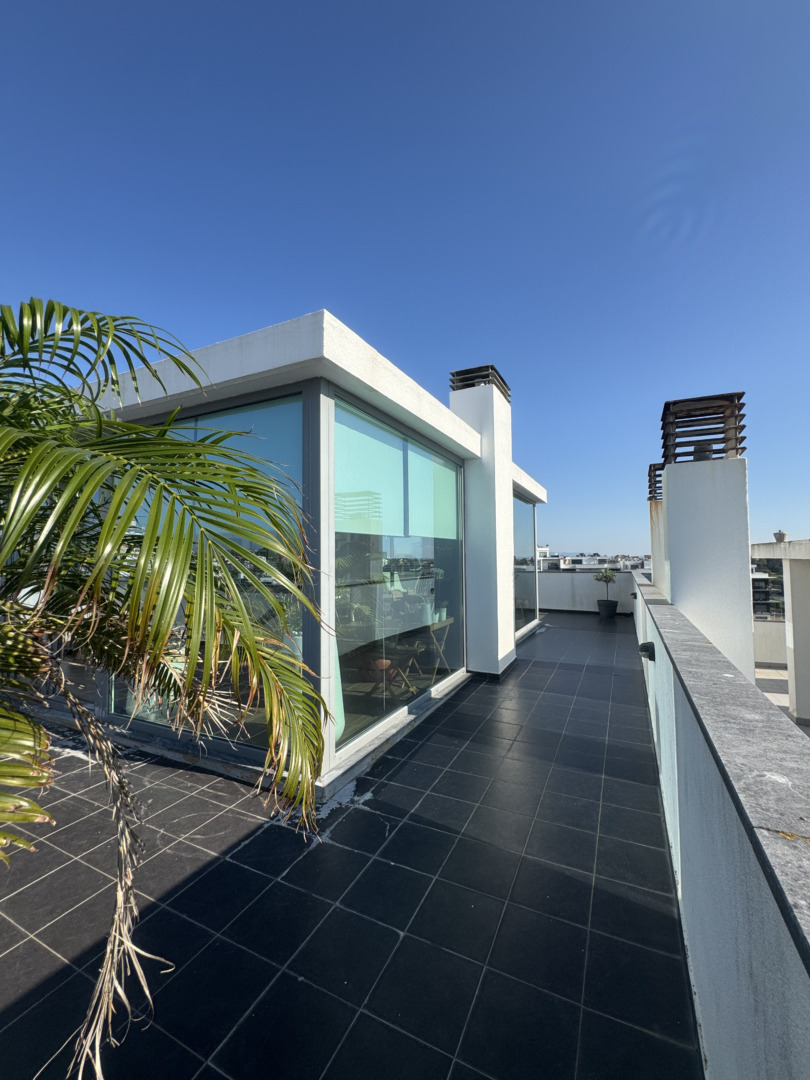
Duplex apartment with sea view 15 minutes from Lisbon
rua Santa Teresa 7Bedroom + duplex apartment with sea view and 15 minutes from Lisbon.

Single-storey house with swimming pool
Just a few meters from the magnificent bay of São Martinho do Porto, lies this…
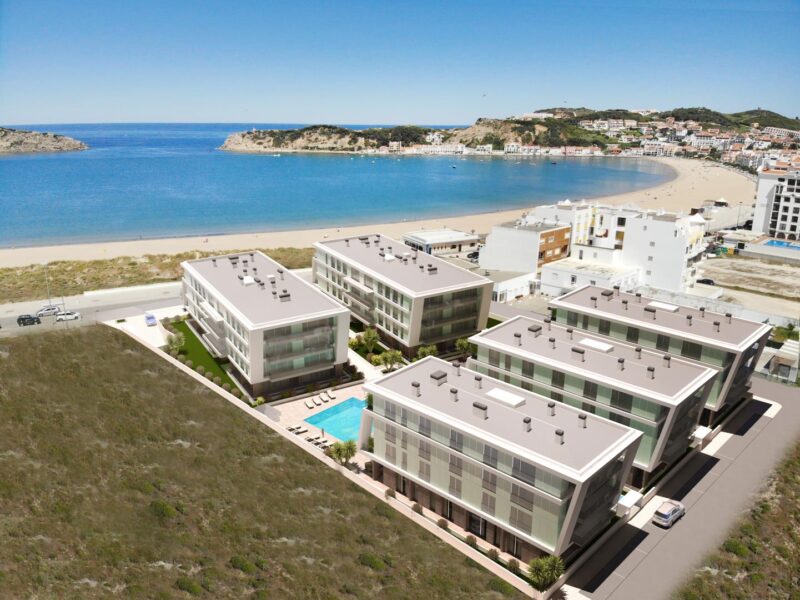
Condominium apartments facing the sea
São Martinho do PortoBeautiful apartments in São Martinho do Porto “Janela da Baía”! Located in the heart of…

Villa already finished and ready to move in: 4-suite bungalow on 750m2 plot in a quiet area of Azeitão
Rua de ParisHouse already finished and ready to move into! Close to shops and services, quick access…

Magnificent house with basement, indoor and outdoor pool in Verdizela/Aroeira
Verdizela/AroeiraNew turnkey project: magnificent single-storey villa, 498m2 in surface area, high-end finishes on a 1875m2…

Luxury apartment on the edge of a nature reserve
Your modern, spacious apartment between the beach and Lisbon’s capital. – Beach 5min – Golf…
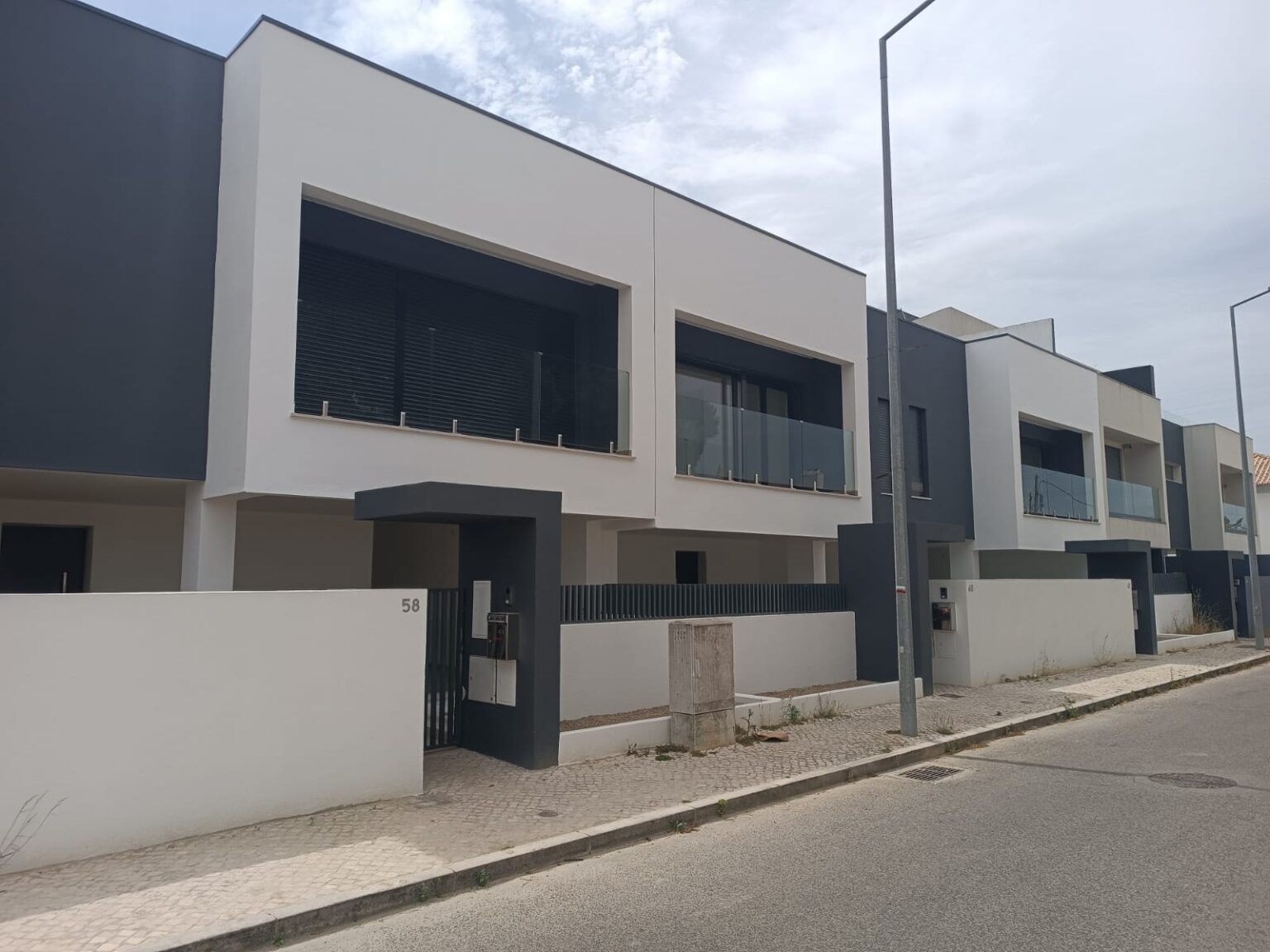
House T3 1 10 min from Lisbon and 5 min from the beaches
PêraREADY TO MOVE IN! New T3 1 ready-to-live-in house in a quiet, rural neighborhood with…

4 bedroom villa with pool and jacuzzi in Aroeira
rua são miguelModern, minimalist architect-designed house with exceptional details in a quiet location in Aroeira 2-storey house…
Inscrivez-vous à notre newsletter
Recevez chaque mois les derniers articles de notre blog "la vie au Portugal" et notre sélection de biens immobiliers à vendre.











